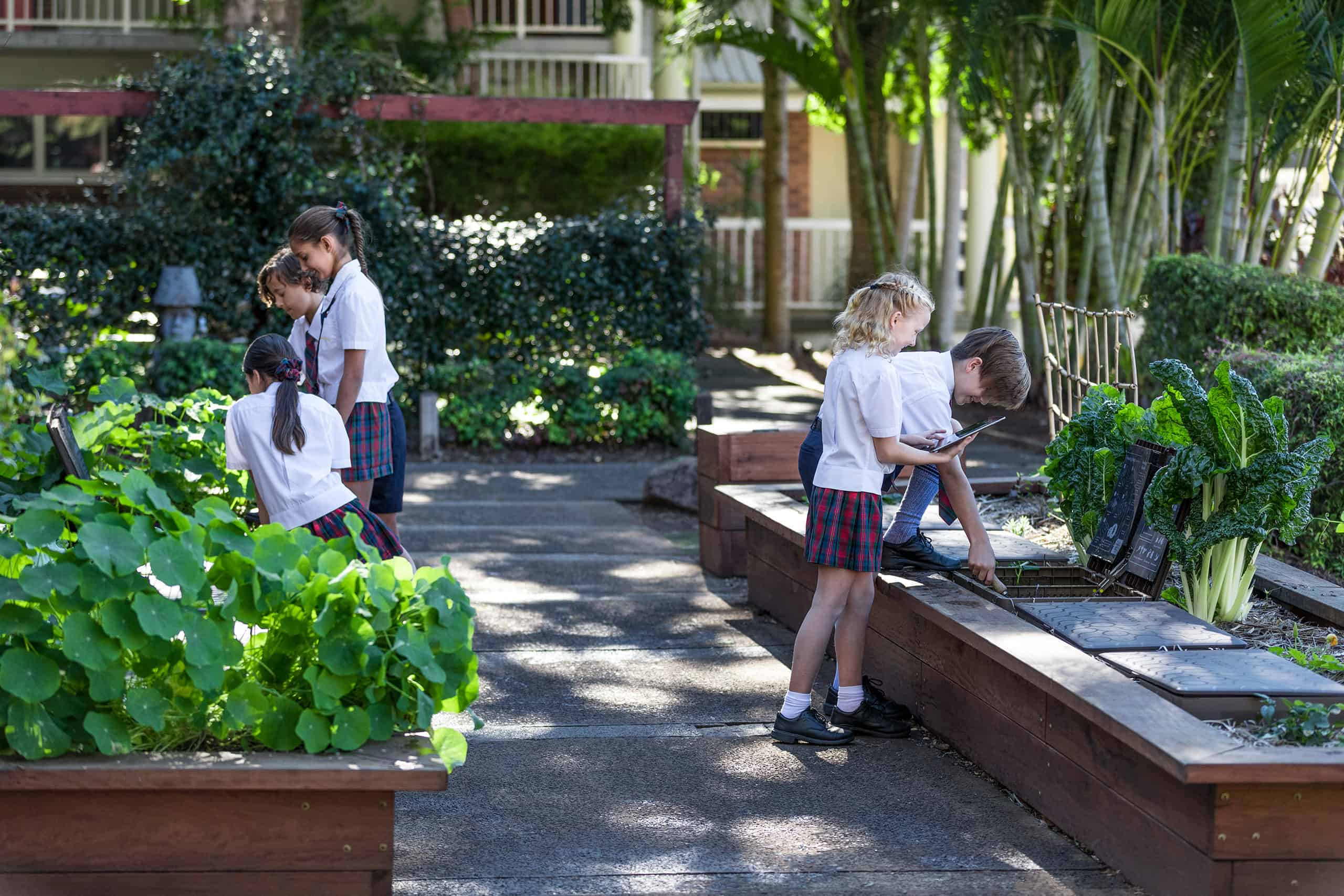In Middle School, a particular focus on understanding one’s self and our intrinsic motivators, strengths and (relative) weaknesses is present within our homeroom and year level pastoral care sessions.
Woven throughout the subschool model at Lindisfarne are key, age-appropriate, strategies through which students are able to learn about their own (and others’) wellbeing. The Middle School continues to build on the work completed during the Junior School years where Growth Mindset and the power of “yet” have been key features of the wellbeing program.
Metacognition and self-regulation approaches aim to help students think about their own learning and wellbeing more explicitly, often by teaching them specific strategies for planning, monitoring and evaluating their learning and social/emotional status. Our programs throughout the Middle School are designed to give students a repertoire of strategies from which to choose and the skills to select the most suitable strategy for a given circumstance, challenge or learning task. Self-regulated learning can be broken into three essential components:
- Cognition – the mental process involved in knowing, understanding and learning.
- Metacognition – often defined as “awareness of one’s own thinking processes”.
- Motivation – willingness to engage our metacognitive and cognitive skills.
These strategies, often taught in collaborative groups, allow learners to support each other and make their thinking explicit through discussion, sharing and peer interactions as they start to take greater responsibility for their learning and continue to develop their understanding of what is required to be in charge of their own wellness and success.
Understanding the ways in which we adapt to change, address adversity and manage stressful or daunting situations provides the basis for the development of resilient students capable of identifying and dealing with emotions and setbacks as they navigate the tumultuous middle years.
“Do not judge me by my successes, judge me by how many times I fell down and got back up again.” – Nelson Mandela



